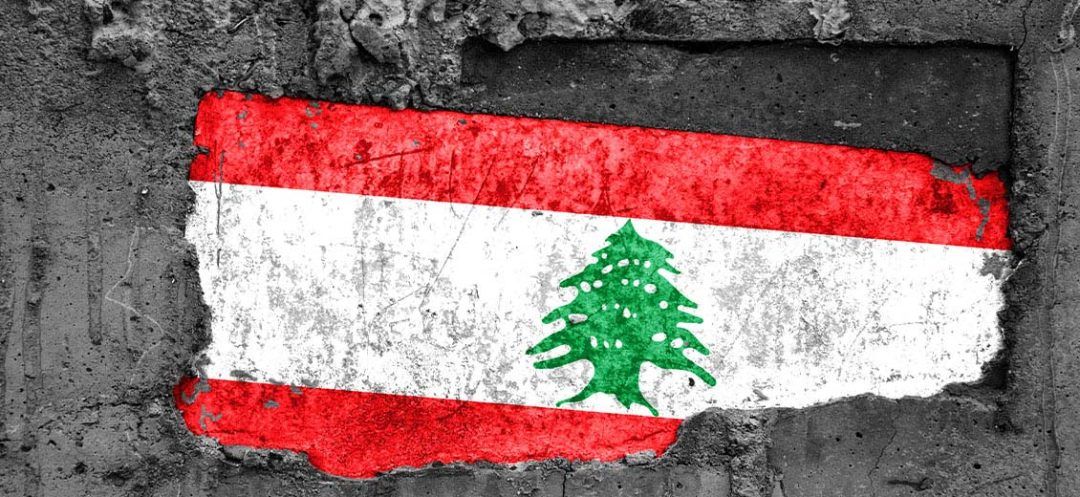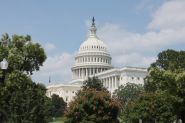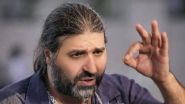
"The Maronite Patriarch shouldn’t apologize," asserts the Maronite Archbishop Emeritus of Beirut, Boulos Matar. The Shiite duo (Amal-Hezbollah) wants an apology from Maronite Patriarch Bechara al-Rai for saying in one of his homilies that he refuses to let southern Lebanon become a launching pad for "terrorist" actions. However, Boulos Matar firmly maintains that an apology is not warranted. He met with Sheikh Ali Khatib, the vice president of the Higher Shiite Council, to clarify the context that justifies Rai’s statement and his position.
Hezbollah has created a volatile situation of lawlessness in southern Lebanon by unilaterally starting hostilities against Israel, bypassing official channels, the emeritus archbishop stated. Are these hostilities a preventive war, as claimed, arguing that the Israeli army would have targeted Lebanon anyway following its war in Gaza? This retrospective justification fails to convince anyone. In fact, Hezbollah intended to open a front to ease pressure on Gaza and to exhaust Israel's military capabilities.
History will determine if the Shiite party has succeeded in his gamble. What is certain, however, is that he has opened the way to a potential extension of the conflict across all of Lebanon, which could have been devastating and led to a situation of uncontrollable anarchy, including the convergence on Lebanon of reinforcements from other fronts of the pro-Iranian axis such as Iraq, Syria, and Yemen.
"The patriarch's statements are broad in scope," the archbishop confides to This is Beirut. "They address situations, not individuals. A text must be understood in its context, and a person's words should be considered in relation to everything they represent and express. We cannot lightly dismiss the patriarch's remarks, especially given the current weakening of our institutions and the absence of a president to enforce UN resolutions and protect Lebanon from all types of infiltration."
According to Mohammad Sammak, Hezbollah and the Amal movement have – on a community level– repeated the mistake made by Sunnis at the beginning of the civil war (1975-1990): "Surrendering to their emotions, at the expense of Lebanese internal unity."
In fact, the real national debate hinges on this question: To what extent can Lebanon show solidarity with the Palestinian people without jeopardizing its own existence? This is the question raised by Patriarch Rai’s remarks, viewed as “unfortunate” by the Shiite community. Does Hezbollah have the right to destabilize Lebanon and expose its population and economy to severe risks? This should be the subject of a "national dialogue," if one is ever to take place. By labeling a situation "terrorist," the patriarch referred to a potentially destabilizing, even devastating, "subversive" situation. Upon closer examination, it should be Hezbollah's duty to provide explanations, if not apologies. Lebanon's commitment to the 1949 armistice agreement stands in stark contrast to Iran's policy of annihilating Israel.
On the other hand, Beirut's emeritus Maronite Archbishop Boulos Matar acknowledges that the Maronite elites who have taken the reins of the country "have failed to rally other communities, especially the Shiites, to their cause."
In fact, the Maronite community, entrusted with the presidency of Lebanon, recognizes its share of responsibility for the disparity in the development and internal cohesion of the Lebanese people. A disparity that only President Fouad Chehab tried to correct. Unfortunately, the institutions he endowed Lebanon with were hijacked by a cross-community oligarchy that plundered the country and impoverished its population. The "balanced development of regions," an effort for national integration through economic means, often touted in ministerial declarations, has remained an elusive dream to this day.
Thus, for example, Lebanon has waited for years the creation of "regulatory authorities" in sectors such as electricity or air traffic, aimed at liberating them from patronage and nepotism, not to mention other suffering sectors like the justice system.
Regarding the pivotal issue of war, and in the spirit of necessary impartiality to uphold coexistence, a commission has been formed, including former MP Farid Haykal el-Khazen, Maronite Archbishop of Beirut Boulos Abdel Sater, and Walid Ghayad, head of information at the patriarchal seat. Their official mandate is to address the rift in Maronite-Shiite relations triggered by Patriarch Rai's statement.
Will it be able to rise to the necessary historical standing to tackle all essential questions? Will it focus on the core issues, or will we once again become entangled in vague rhetoric and lose sight of the real problems for the sake of superficial unity?
Read more



Comments